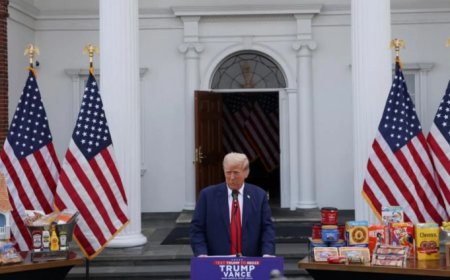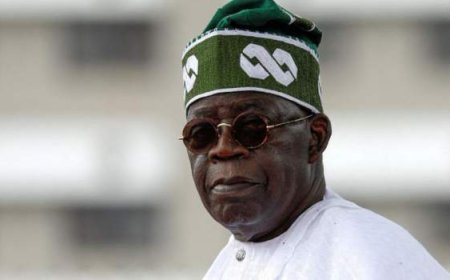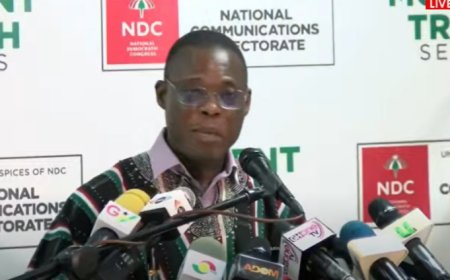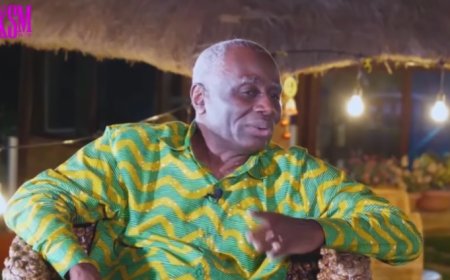Controversy Surrounding Mahamudu Bawumia's Presidential Vision
The proposed presidential vision of Mahamudu Bawumia, Vice-President of Ghana and flag bearer of the New Patriotic Party (NPP), has stirred debate and disagreement among various stakeholders. Bawumia's departure from certain government policies has sparked criticism from opposition figures and civil society advocates, who question his credibility and the feasibility of his proposals. Supporters defend Bawumia's right to express his views and argue for the necessity of innovative solutions in governance. The discourse reflects broader discussions on governance, economic policy, and political accountability in Ghana.
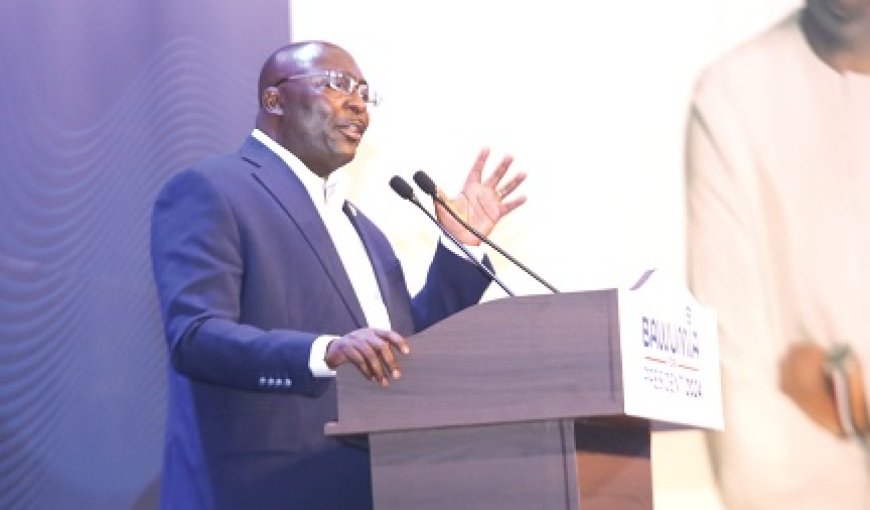
The discourse surrounding Vice-President Mahamudu Bawumia's vision to lead the country if elected as President has sparked varied reactions, with many expressing disagreements over certain departures from the current government's positions. Notable areas of contention include his proposals to abolish the Electronic Payments Levy (E-Levy), make National Service voluntary, review the Free Senior High School policy, and abolish VAT on electricity and excise duties on betting, among others.
Opponents of Bawumia's vision, including figures such as Minority Leader Dr. Cassiel Ato Forson, Communications Officer of the National Democratic Congress (NDC) Sammy Gyamfi, and civil society advocates like Dr. Steve Manteaw and Franklin Cudjoe, have criticized these proposals. They argue that Bawumia, as part of the current government, cannot disassociate himself from its policies and actions, especially concerning economic hardships and taxation.
However, supporters of Bawumia's vision, including members of the NPP communication team, defend his proposals, stating that he has the right to express his personal views and that his ideas should be interrogated rather than merely criticized. They argue that Bawumia's proposals aim to improve efficiency and address current challenges in governance and economic management.
The debate also touches on issues such as the role of the Vice-President in economic policy formulation, the trustworthiness of political promises, and the effectiveness of proposed reforms. Critics question Bawumia's credibility and accuse him of making empty promises, while supporters emphasize the need for innovative solutions and efficient governance.
Overall, the discussion reflects a broader discourse on governance, economic policy, and political accountability in Ghana, with stakeholders expressing diverse perspectives on the path forward for the country.
What's Your Reaction?







